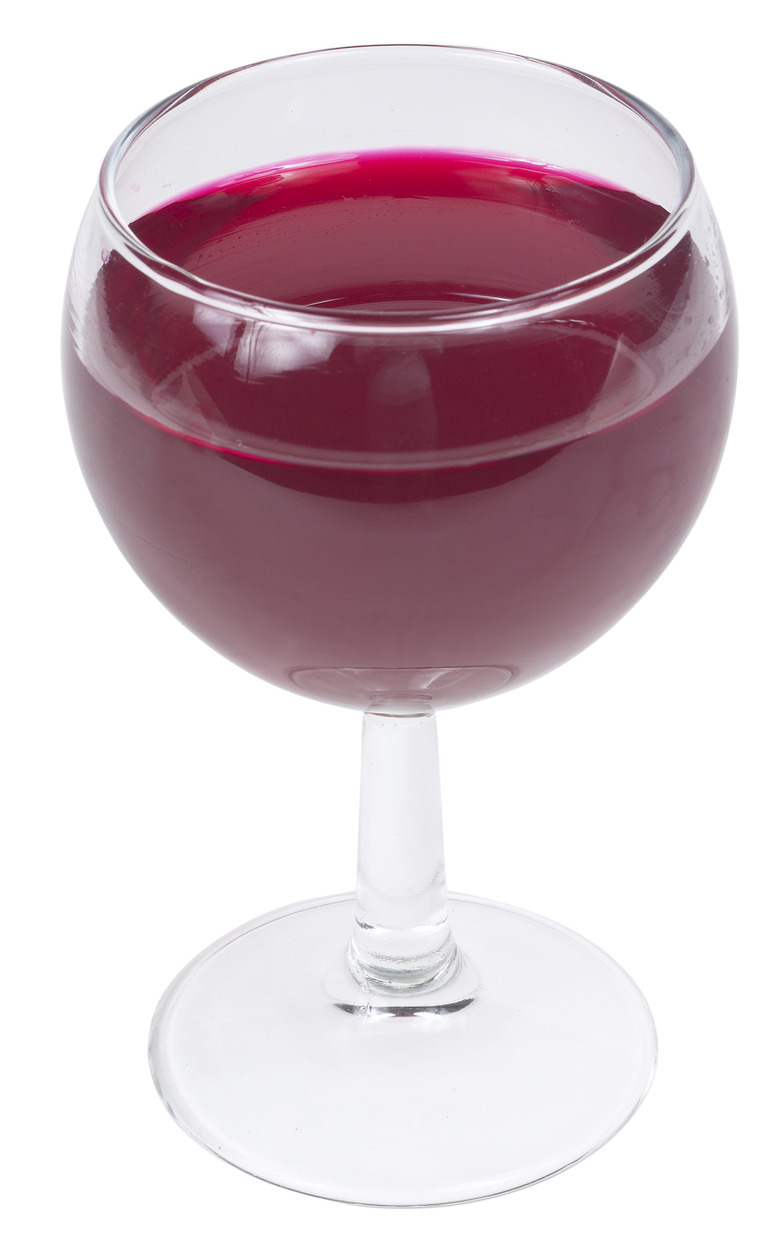Why Do Glass Cups Make A Ringing Noise?
A drinking glass creates sound when you rub your finger around its rim or strike it with an object. This sound is created when the vibrations of the glass affect the air inside the glass. Each glass vibrates at a characteristic pitch called the resonant frequency. This frequency is different based on the properties of the glass and whether or not there is liquid inside it.
The Vibrations of Glass
The Vibrations of Glass
When a glass makes a noise, the edges of the glass move very quickly. Two opposite sides of the glass expand and contract at the same time. The sides 90 degrees away from those sides expand and contract opposite those other two sides. These rapid vibrations in the glass cause the air inside the glass to compress and expand in waves. These waves of air pressure are what we know as sound.
Resonant Frequency
Resonant Frequency
The pitch, or frequency, of the ringing sound changes depending on the physical characteristics of the glass. Frequency is measured in cycles per second, or hertz. The frequency at which an object vibrates is called its resonant frequency. Thicker glass will not resonate as easily as thin glass. Also, if there is liquid in a glass, this will lower the resonant frequency of the glass. This is the opposite of what happens when you blow over the top of a glass bottle. These are two different ways of making sound waves.
Rubbing Vs. Tapping
Rubbing Vs. Tapping
Whether you rub your finger around the rim of a glass or tap it with something will have slightly different effects on the sound produced. The frequency will be the same regardless of method, but the duration of the sound will be different. If you rub your finger around the rim of a glass, the glass alternately slips and sticks to your finger. This produces vibrations at the resonant frequency, and the glass will produce sound for the duration of the rubbing plus a little decay time afterward. If you tap the glass, it will sound and then immediately the sound will begin to decay.
Damping
Damping
A glass will not resonate very loudly or for very long on its own because its vibrations are suppressed, or damped. Not all of the glass is vibrating when you rub its edge or strike it. The glass molecules that are not vibrating will help to damp the vibrations of the rim. If the vibrations were not damped, the continuous production of increasingly strong vibrations at the resonant frequency could break the glass.
When Do Glasses Break From Sound?
When Do Glasses Break From Sound?
The image of a powerful opera singer breaking a glass with her voice is based in the science of resonance. If a glass is exposed to sound waves at its frequency of resonance, it will vibrate in sync with those waves. The power of the sound waves coming from an external speaker can be turned up to overpower the natural damping of the glass. When this happens, the glass will not be able to sustain the stress of vibrations and it will break.
Cite This Article
MLA
Murmson, Serm. "Why Do Glass Cups Make A Ringing Noise?" sciencing.com, https://www.sciencing.com/glass-cups-make-ringing-noise-6581/. 24 April 2017.
APA
Murmson, Serm. (2017, April 24). Why Do Glass Cups Make A Ringing Noise?. sciencing.com. Retrieved from https://www.sciencing.com/glass-cups-make-ringing-noise-6581/
Chicago
Murmson, Serm. Why Do Glass Cups Make A Ringing Noise? last modified March 24, 2022. https://www.sciencing.com/glass-cups-make-ringing-noise-6581/
